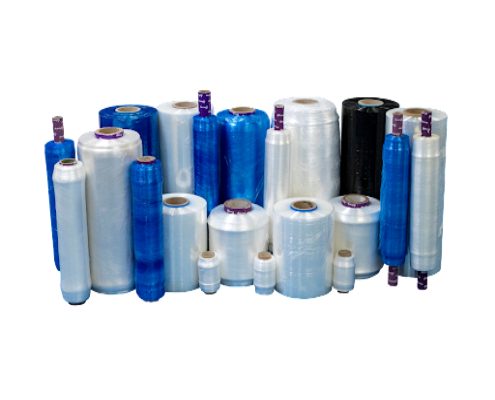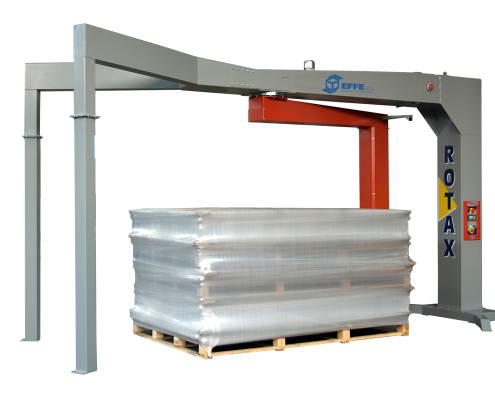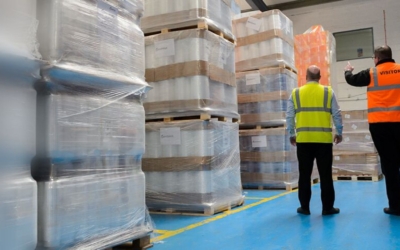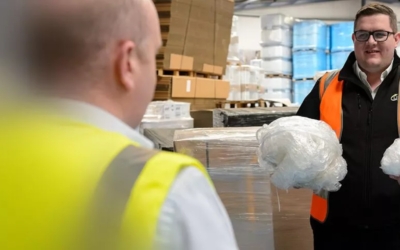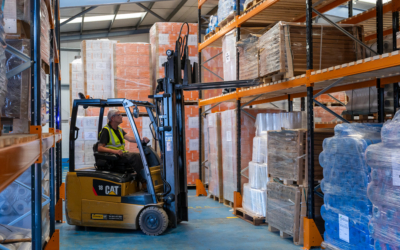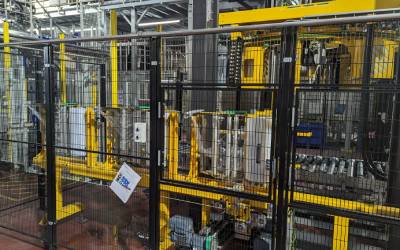Market Update September 2024
Several world affairs and global events are currently influencing the food industry and the packaging market. These events contribute to supply chain disruptions, material cost fluctuations, and shifting regulatory environments.
Russia-Ukraine Conflict
The ongoing war between Russia and Ukraine has created significant disruptions in global supply chains, particularly affecting energy prices and the availability of raw materials. Ukraine is a major producer of grains and agricultural products, and the conflict has impacted food production and exports. As a result:
- Energy Costs: Rising fuel and energy costs due to the war have increased production and transportation expenses across industries, including packaging. Manufacturers of packaging materials such as plastic wraps, which rely heavily on petrochemical production, are facing increased costs.
- Raw Material Shortages: The war has disrupted the availability of key materials such as timber and paper, which are essential for cardboard and corrugated packaging. This has resulted in price volatility and shortages of packaging materials, putting additional pressure on the food industry.
- Logistical Delays: The conflict has led to delays in transportation routes, affecting supply chains and increasing lead times for packaging materials, particularly in Europe.
Global Inflation and Interest Rates
Global inflation rates have surged in 2024, driven by a combination of pandemic recovery, supply chain constraints, and rising energy costs. Central banks worldwide, including the Federal Reserve and the European Central Bank, have responded by raising interest rates, which has ripple effects across industries:
- Increased Operational Costs: Inflation has increased the cost of raw materials, labour, and energy, affecting both food producers and packaging manufacturers. Secondary packaging like pallet wrap has seen price hikes, leading to higher costs for companies that rely on bulk shipments and palletized goods.
- Rising Borrowing Costs: Higher interest rates make it more expensive for companies to finance capital investments in new packaging technologies, automation, or sustainability initiatives, slowing down their ability to innovate.
China’s Economic Slowdown
China’s economic slowdown in 2024 has caused disruptions across global supply chains. China remains a major supplier of packaging materials and machinery, and its slowdown is affecting the availability and cost of these goods. Key impacts include:
- Supply Chain Disruptions: Delays in production and shipping from China are leading to material shortages in packaging, especially in plastic films and paper products. This affects food companies globally that rely on Chinese-manufactured packaging materials.
- Lower Demand for Raw Materials: While the slowdown in China has led to decreased demand for certain raw materials, it has also created market volatility. Prices for key inputs like petrochemicals may fluctuate unpredictably, impacting costs for packaging manufacturers.
Climate Change and Extreme Weather Events
Extreme weather events, driven by climate change, are increasingly affecting agricultural output, transportation, and production processes within the food industry. This has direct consequences on the availability of packaging materials and the logistics surrounding food transport:
- Crop Failures and Food Shortages: Severe droughts, floods, and storms have impacted crop production globally, from Europe to North America. This puts pressure on the food supply chain, leading to increased demand for stable, reliable packaging that can prolong the shelf life of food products.
- Disruption to Supply Chains: Hurricanes, wildfires, and other natural disasters have damaged transportation infrastructure and delayed shipments of packaging materials. This disrupts the availability of secondary packaging like pallet wrap, particularly in regions heavily affected by these events.
- Sustainability Push: As climate events worsen, there is an increasing demand for sustainable, climate-resilient packaging solutions. Food companies are under pressure to adopt eco-friendly materials that reduce the environmental footprint while still meeting high-performance standards in extreme weather conditions.
Global Trade Tensions and Protectionism
Ongoing trade tensions between major economies, particularly between the U.S. and China, and new protectionist measures in Europe are creating uncertainty in global markets. This is particularly relevant to the food industry and packaging sector:
- Tariffs and Trade Barriers: Tariffs and trade restrictions are affecting the import and export of packaging materials like plastic films, paper, and machinery. Food companies face higher costs when sourcing packaging materials from abroad, forcing many to seek alternative suppliers.
- Localisation of Supply Chains: As a response to trade tensions, many companies are localizing their supply chains to reduce dependency on foreign suppliers. While this can create more stable supply chains in the long term, in the short term, it is causing disruptions and higher costs as companies transition their operations.
The Global Plastic Crisis
Plastic waste remains a major global issue, with many governments increasing their efforts to reduce plastic use in response to public demand and environmental concerns. Countries like the UK, Canada, and the EU are introducing stricter regulations on plastic usage, while bans on single-use plastics are becoming more widespread.
For any assistance with sourcing packaging to suit your operations, contact info@lindumpackaging.com

